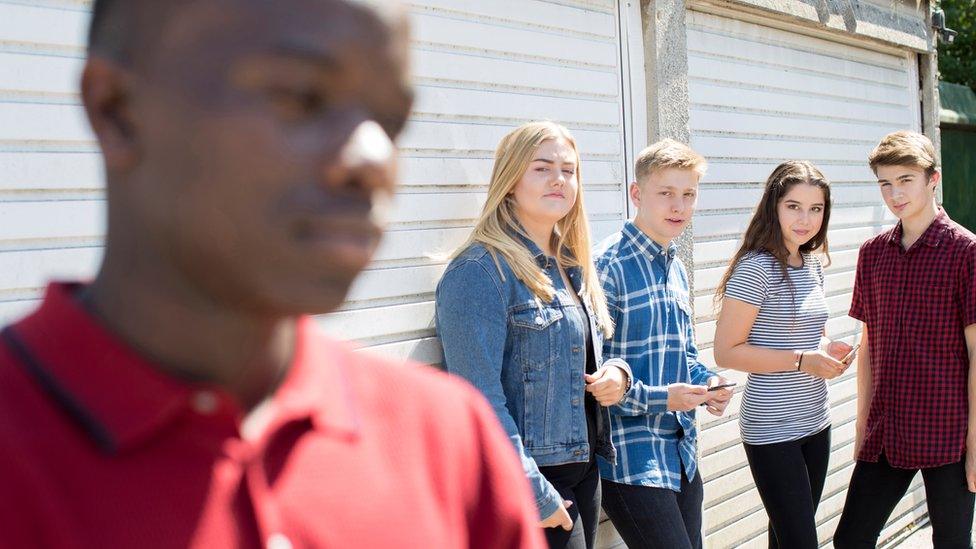'When my name was butchered at school it made me feel different'
- Published
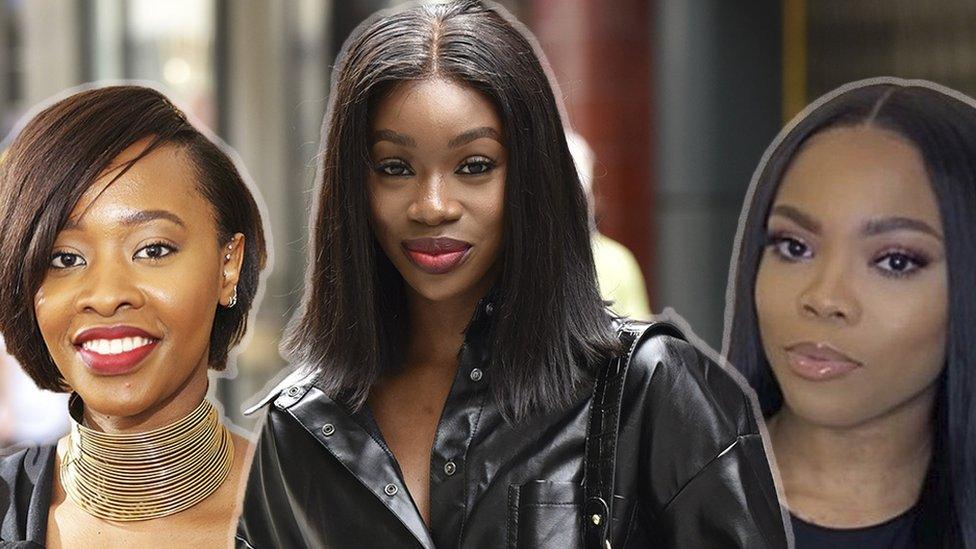
Yewande Biala, from Love Island 2019, says having her name mispronounced feels "malicious".
When she appeared on the show, Yewande says Lucie Donlan asked if she could call her something different.
Lucie had trouble saying Yewande's name and says that asking to use an abbreviation was a "term of endearment"., external
Yewande says she's had questions like this since she was in school.
"When someone doesn't take the time to learn the proper way to pronounce another person's name, or worse - intentionally mocks it for being 'too difficult' to pronounce," writes Yewande for the Independent., external
She adds that it is a "monumental task" to get people to realise the impact that micro-aggressions can have on others.
'A colleague called me Moo'
"I learnt where my name was on the school register so I could jump in and prevent teachers from mispronouncing it," 28-year-old Umutoni Thuku-Benzinge from London tells Radio 1 Newsbeat.
She says the experience was "frustrating and heart-breaking".
"It was very difficult to understand those emotions at such a young age".
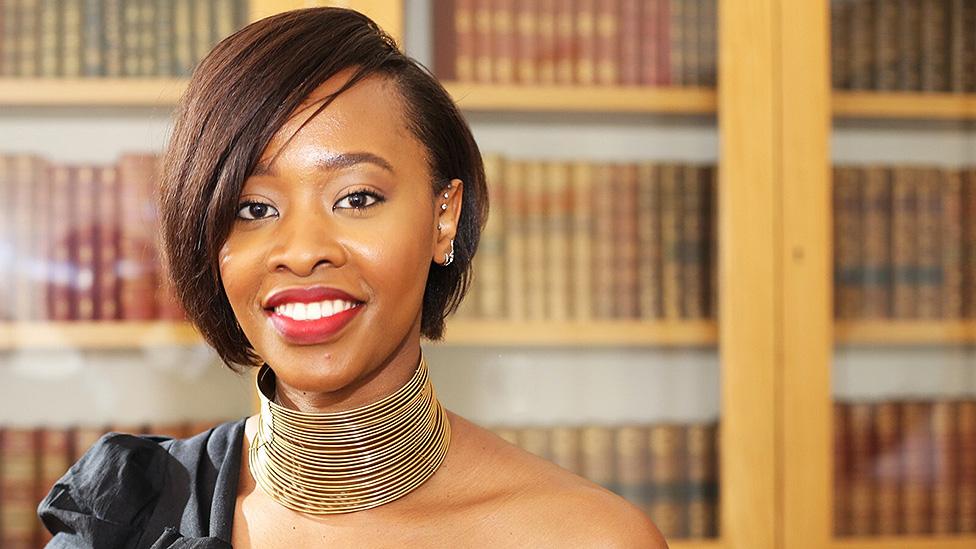
Umutoni's name means favoured and precious
Umutoni says one of her most frustrating experiences was in the workplace.
"One colleague constantly decided to call me Moo. I thought it was very disrespectful. It's the sound a cow makes," she says.
"My other colleagues came to their defence and told me I was being unreasonable. It made me question if I was overreacting.
"I'm happy for my name to be shortened to Umu, but I don't like the automatic assumption that I can just be given a nickname. It's very dismissive."
'You can pronounce Schwarzenegger'
Umutoni says there are certain names people will take the time to learn.
"One of the most common excuses when it comes to my name is, 'oh we can't pronounce it,' but Arnold Schwarzenegger isn't an everyday name and people have taken the time to learn it.
It makes you think - is there a racial aspect?"
Allow X content?
This article contains content provided by X. We ask for your permission before anything is loaded, as they may be using cookies and other technologies. You may want to read X’s cookie policy, external and privacy policy, external before accepting. To view this content choose ‘accept and continue’.

Traditional African names often have unique stories behind them and in some countries naming ceremonies take place.
Things like the day or time a baby is born or the circumstances surrounding birth influences the name a child is given.
Umutoni's name is Rwandan and means favoured and precious.
She says hers "shows my culture and where I've come from."
Asking people you've just met if you can call them a nickname is like "trying to take [their] name away from them", she says
"Yewande makes me feel seen and I'm glad a conversation is being had on this scale."
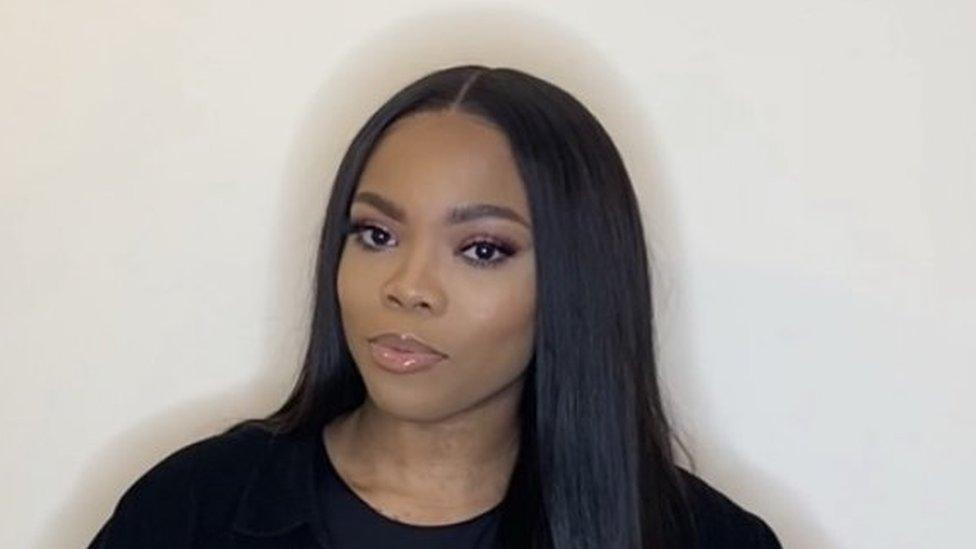
Ehi moved to Scotland when she was eight
Ehi-Nehi-Owoicho Anyebe also gets her name mispronounced.
She goes by Ehi, the name she has called herself ever since she can remember.
Ehi's a law student and moved from Nigeria to Scotland when she was eight.
'I felt like the odd one out'
"I remember when my parents registered me for primary school they asked if I wanted to go by my middle name, Joy," she says.
"I said, 'no I want to go by Ehi,' but I didn't realise what that would mean going forward."
Ehi says some people pronounced her name wrong, but others didn't bother trying.
"At first I thought, 'well my name is a bit different', but I realised there are other names that don't look like how they are pronounced and people still give them a shot."
"I was the only black person in my class. I already felt like the odd one out. So when my name was butchered it made me feel different."
'A macro-aggression'
Ehi's name means gift from God and she feels that when "people ridicule or remix it, it's disrespectful because of the weight it carries."
"I don't think it's a micro-aggression, I feel like it's a macro-aggression because it's not something small.
"I'm happy to correct people as long as they attempt to say my name. That's all I ask for.
Ehi says she identifies with Yewande and resonates with her story.
"Names are not all you are, but they do shape a very important part of who you are."


Follow Newsbeat on Instagram, external, Facebook, external, Twitter, external and YouTube, external.
Listen to Newsbeat live at 12:45 and 17:45 weekdays - or listen back here.
Related topics
- Published10 December 2018
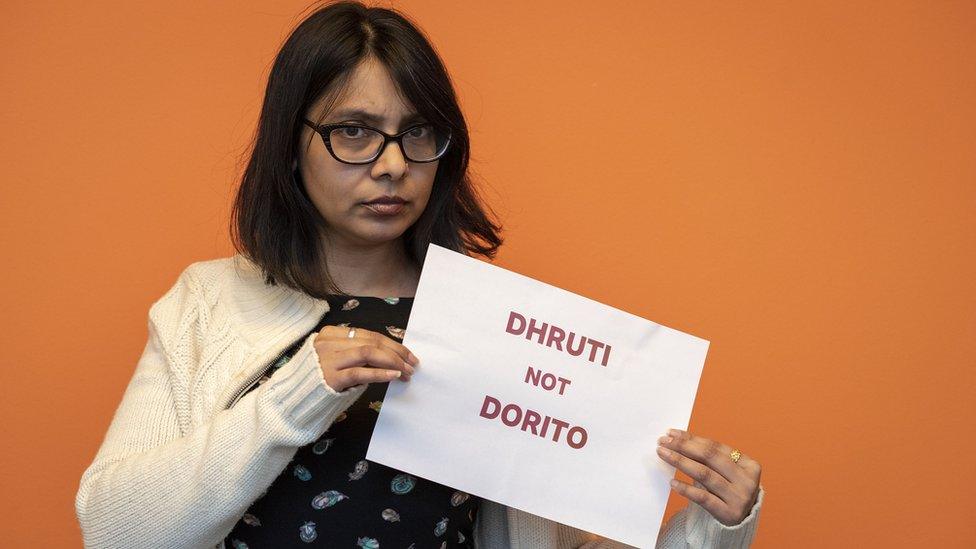
- Published14 July 2020
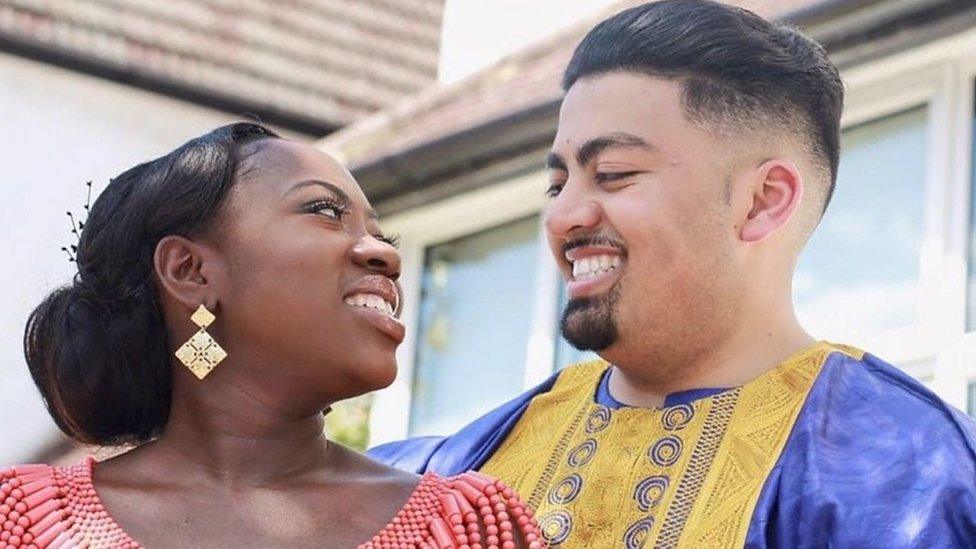
- Published7 July 2020
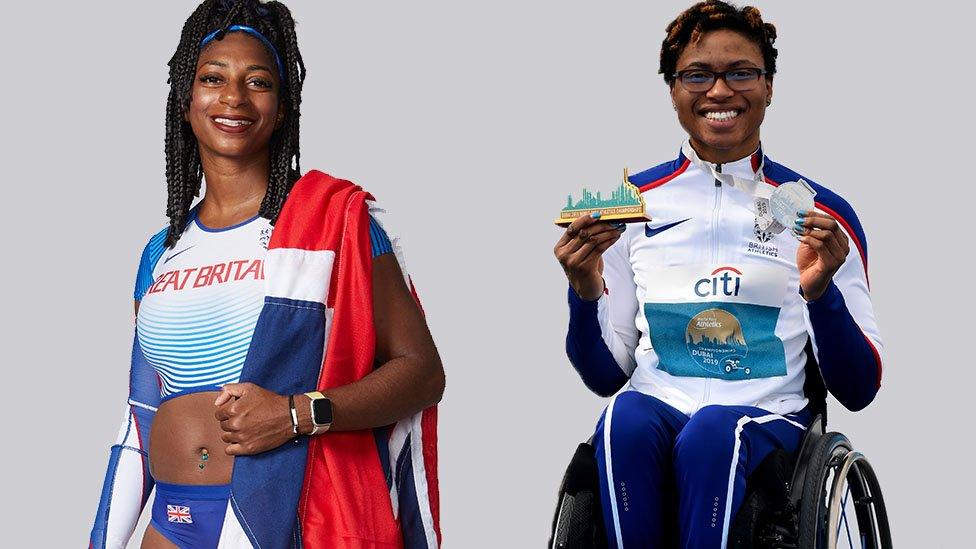
- Published16 June 2020
